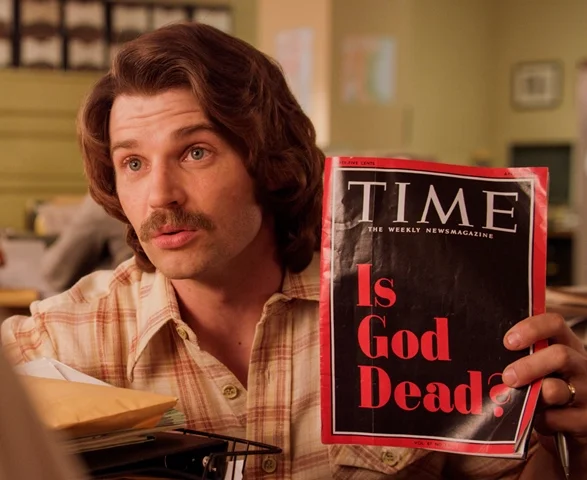It's impossible to win the GOP presidential nomination without making peace with millions of evangelical Protestants.
Thus, Donald Trump traveled to Liberty University in 2012. If he ever got serious about winning the White House, team Trump knew he would need a solid faith story.
The New York billionaire told students to "work hard" and "love what they do," but raised eyebrows by urging them to "get even" when wronged, and to "get a prenuptial" before marriage. He joked about saying naughty things at Liberty.
"That remarkable speech showed what he did and didn't know" about evangelicals, said Stephen Mansfield, author of the new book "Choosing Donald Trump: God, Anger, Hope and Why Conservative Christians Supported Him."
"Trump basically told Liberty students, 'Follow Jesus' and 'Shoot your enemies between the eyes.' ... He sees no conflict between those two messages."
That 2012 presentation also showed an image of young Donald on the day of his baptism, then a picture of his baptism certificate. Trump seemed to think this flash of faith would buy evangelical credibility, canceling out his Playboy appearances and interviews in which, as Mansfield wrote, his sexual conquests were "tallied like wild game bagged on safari."
The candidate who kept returning to Liberty was, of course, a grown-up edition of the boy who punched his second-grade teacher in the face, the lad whose real-estate magnate father nicknamed "killer." As a teen-ager, Trump was shaped by "The Power of Positive Thinking" sermons of the Rev. Norman Vincent Peale, the cultural tastes of Hugh Hefner and the strict disciplines of a military academy.
But Mansfield noted Trump was also the man who couldn't bear to throw away stacks of Bibles given to him by fans, creating a Trump Tower storage room for them.










